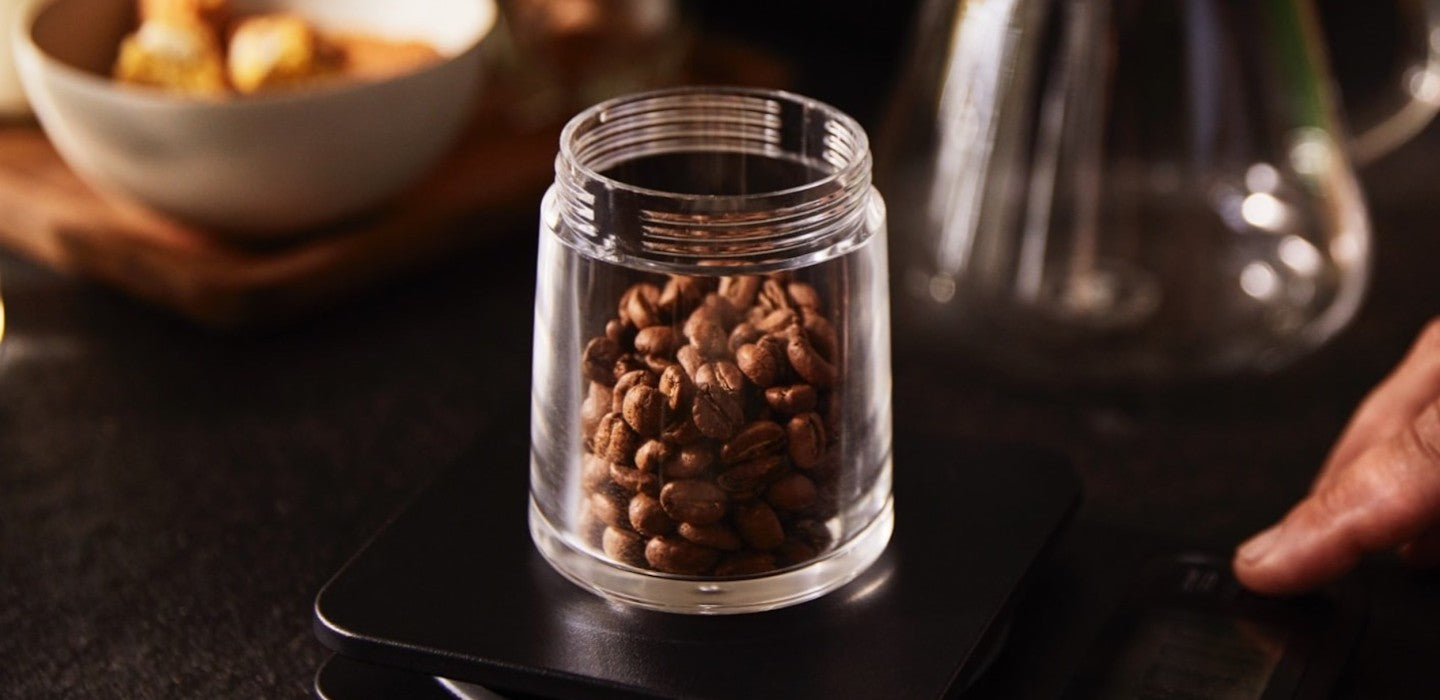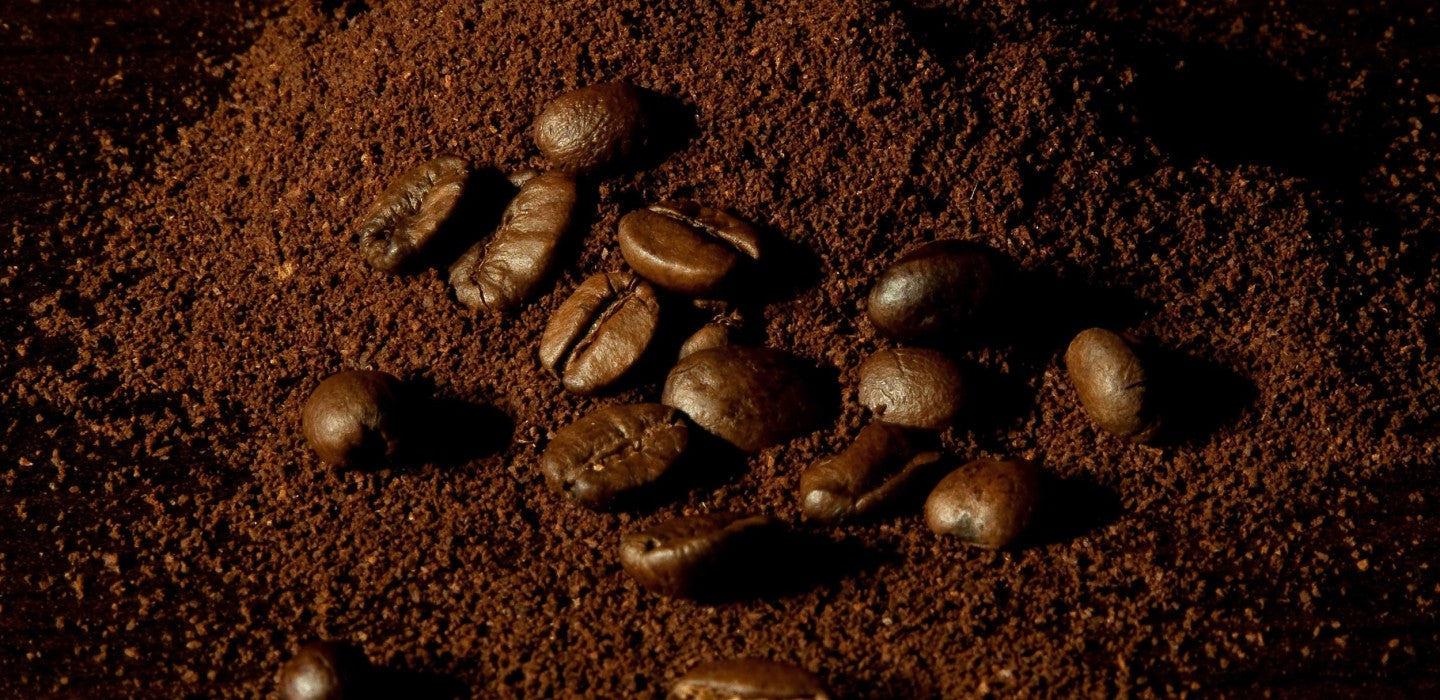A Comprehensive Exploration of Coffee's Bitter Compounds
A quintessential part of our morning routines, and every café-hopping hipster's preferred beverage, coffee carries an exhilarating charm beyond compare. One coffee feature that captures attention and sparks countless discussions is the bitterness in its taste. This article takes you on a deep dive into understanding the origins, variations, and impacts of the bitter compounds in coffee on your beloved brew and overall coffee experience.
The Fundamentals of Bitter Compounds in Coffee
Bitter Compounds: An Integral Part of Coffee's Taste Profile
Bitter compounds are fundamentally present in every type of coffee, forming a significant portion of its overall flavor impression. These compounds balance out other taste elements, smoothing and rounding out the overall palate experience. Often, we coffee based on its type of bitterness, such as fine or soft bitterness, to better categorize its flavor. The bitterness level in coffee depends on the particular variety, the roasting process, and the method of preparation used.
The Emergence of Bitter Compounds in Coffee
Contrary to popular belief, while caffeine in coffee is associated with its taste bitterness, it's not the main bitter compound. Even decaffeinated coffees taste nearly as bitter. The culprits are primarily certain antioxidants created during roasting rather than naturally occurring substances in the coffee beans. Generally, the darker the roasting is, the more bitter the coffee will taste. However, how we brew the coffee also influences the amount of bitter compounds, impacting the coffee's final taste significantly. Coffee brewed under high pressure and temperature, like an espresso from a portafilter machine, releases more bitter compounds. Even differences between the beans are notable, with Robusta beans generally tasting more bitter than Arabica beans. This fact makes Robusta coffee, with its mildly bitter and intense chocolate notes, an ideal choice for milky coffee specialties.
Bitterness and Coffee Ground Quantity: A Co-relation?
If you believe more ground coffee during preparation will make the coffee taste more bitter, you're in for a surprise! Rather, using a smaller amount of coffee grounds means more bitter compounds are drawn out, hence making the coffee taste more bitter. Therefore, less coffee ground usage generally yields more bitter coffee.
Brewing Low Bitterness Coffee: Guidelines to Follow
For brewing a cup of coffee with minimal bitterness, a general guideline is to use about 7 to 8 grams of coffee per cup. If you have the option of manipulating the water temperature during the brewing process, ensure not to set it too high. Ideally, allow the boiled water to cool down for about thirty seconds before using it for brewing.
Conclusion: Delving Deeper into the Enigmatic World of Coffee
This article only marks the beginning of unraveling the astounding complexity within each coffee cup. While bitterness is an essential part of the coffee flavor profile, it's viewed through glasses of careful balance rather than absolute avoidance. When calibrated correctly, it adds depth to our coffee, enhancing the overall sensory experience.
So, the next time you taste a hint of bitterness in your coffee, take a moment to appreciate the intricate network of processes contributing to that distinct flavor. From meticulously chosen roasting conditions to the artful variations in brewing methods, each step plays a vital role in shaping coffee's remarkably diverse flavor spectrum.
Through such explorations, we don't just deepen our understanding of the intricate worlds within our coffee cups but also find greater satisfaction in the simple joy of coffee drinking. This continuous journey of learning, tasting, and savoring the nuances in coffee makes each sip a salute to the astonishing intricacies of this globally revered beverage.


Leave a comment
This site is protected by hCaptcha and the hCaptcha Privacy Policy and Terms of Service apply.